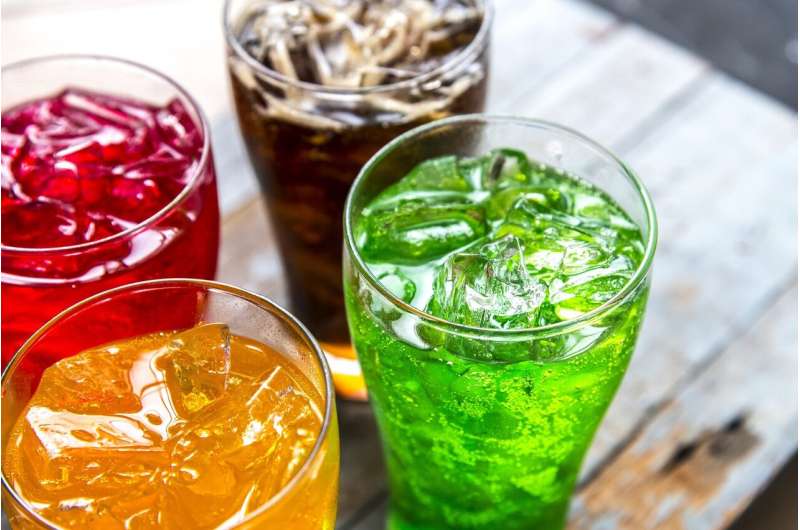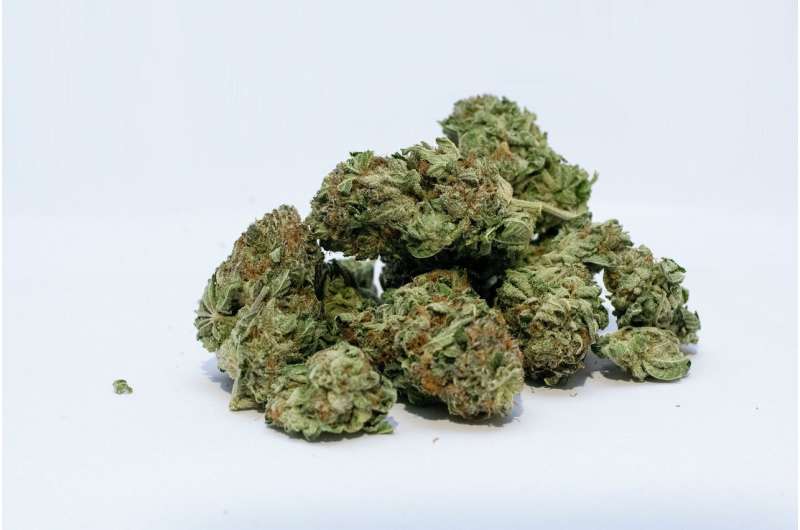Both Artificially Sweetened and Sugary Drinks Increase Risk of Liver Disease, New Study Finds

New research shows that both sugary and artificially sweetened drinks are linked to increased risk of liver disease, highlighting the importance of healthier beverage choices for liver health.
A recent study presented at UEG Week 2025 reveals that consumption of both sugar-sweetened beverages (SSBs) and low- or non-sugar-sweetened beverages (LNSSBs) is linked to an elevated risk of developing metabolic dysfunction-associated steatotic liver disease (MASLD). The research, involving 123,788 participants from the UK Biobank, assessed their beverage intake through repeated dietary questionnaires and monitored the development of liver-related health issues over a median period of 10.3 years.
Findings indicate that higher intake of both beverage types—more than 250 grams daily—is associated with a 60% increase in MASLD risk for LNSSBs and a 50% increase for SSBs. During the follow-up, 1,178 individuals developed MASLD and 108 succumbed to liver-related causes. Interestingly, while SSB consumption alone was not significantly linked to liver mortality, LNSSBs showed a notable association with higher mortality risk. Both types of drinks were also connected to increased liver fat content.
MASLD, previously known as nonalcoholic fatty liver disease (NAFLD), involves excess fat accumulation in the liver, which can progress to inflammation, liver damage, and symptoms like pain, fatigue, and appetite loss. It has become the most prevalent chronic liver condition worldwide, affecting over 30% of the population and contributing significantly to liver-related deaths.
Lead researcher Lihe Liu emphasized that both traditional sugary drinks and their diet alternatives are widely consumed, yet their impact on liver health was not fully understood. The study highlights that even modest consumption, such as a daily can of LNSSBs, can increase the risk of MASLD.
Biological mechanisms underlying these risks include rapid blood glucose and insulin spikes caused by SSBs, fostering weight gain and increased uric acid levels, which promote liver fat buildup. Conversely, LNSSBs might influence liver health by altering gut microbiota, stimulating insulin secretion, and increasing sugar cravings.
The study suggests that limiting both types of beverages could serve as part of comprehensive strategies to prevent liver disease and maintain overall metabolic health. Replacing sugary or artificially sweetened drinks with water was shown to reduce MASLD risk by approximately 13-15%. The researchers advocate for reducing consumption of all sweetened beverages, with water remaining the healthiest hydration choice.
Ongoing investigations aim to unravel the causal mechanisms, particularly the role of the gut microbiome and genetic factors, to better understand how sugar and artificial sweeteners influence liver health.
Stay Updated with Mia's Feed
Get the latest health & wellness insights delivered straight to your inbox.
Related Articles
Rising Cannabis Use Among Older Adults: A Growing Public Health Trend
Cannabis use among Americans aged 65 and over is reaching new heights, with recent studies showing a dramatic rise in current use and changing demographic patterns, highlighting important implications for healthcare providers and policymakers.
New Insights on Cachexia Highlight the Value of Patient-Reported Data in Disease Understanding
A groundbreaking essay highlights the significance of patient-reported experiences in understanding and treating cachexia, emphasizing the importance of listening to patients as valuable sources of medical insight.
Reevaluating Schizophrenia Treatment: Modern Approaches to Clozapine Monitoring
New international guidelines are transforming how clinicians monitor and manage clozapine treatment in schizophrenia, aiming to enhance safety, reduce unnecessary barriers, and improve patient outcomes.



